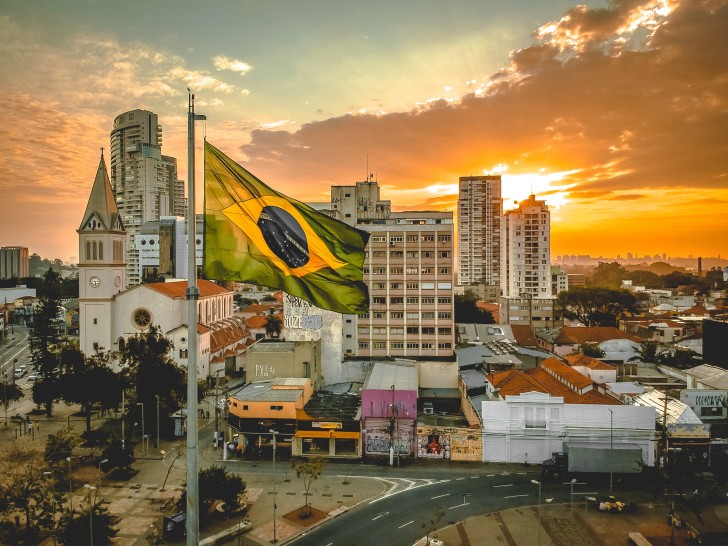The Alinha Tag
The garment industry in Brazil, especially the fashion one, is plagued with forced labor and human rights violations. Valor Economico, a major Brazilian newspaper, reportedthat in 2018, over 81,000 people were recovered from forced labor in the country’s industry. The exact number that are still locked in modern slavery is unknown.
Alinha is a non governmental and not for profit organization that has been fighting for the rights of labor in the Brazilian industry, specifically where modern day slavery and forced labor is a common practice. The institute has done over a hundred workshops concerning this in the last 5 years. The institute is now using blockchain to create a complete tracking and tracing system in which garment products and their production history will be stored on the decentralized ledger.
Registering for the tag will require a physical review of the production facilities by Alinha workers before they can approve of use of the tag. The physical tag of the product will go along the garment during its whole stages of production, from the start. Employees, who will be doing processing, such as stitching, cutting, dyeing etc., will input information about their work conditions directly into the blockchain with their phones. Customers who buy the product will be able to view the complete history and work conditions under which the clothing was made.
Through this, the Alinha organization hopes to use the immutable technology to benefit the Brazilian labor force. According to Dariele Jamile dos Santos, founder of the Alinha Institute, the Alinha tags will bring,
transparency, decentralization and digital signatures make everything reliable.
Decentralized Fashion
The fashion industry is slowly adapting to the decentralized technology of blockchain as it is starting to see various advantages it has. Last April, French fashion house Louis Vuitton had announcedthat it was developing its own blockchain system to let customers verify the authenticity of their products.
For Brazil, the Alinha tag is the first time the technology will be used for verification of ethical work conditions. According to the report by Valor Economico, an average workers puts in 15 hours a day, without breaks of any kind and earning around USD 3~4 per hour.
At the turn of this year, a similar verification system was announced by IBM, in which it was collaborating with LG and Ford to develop a tracking system for ethical sourcing of mineralsthat would be eventually used in electric vehicle batteries.
 Saad Ullah
Saad Ullah

 Saad Ullah
Saad Ullah


